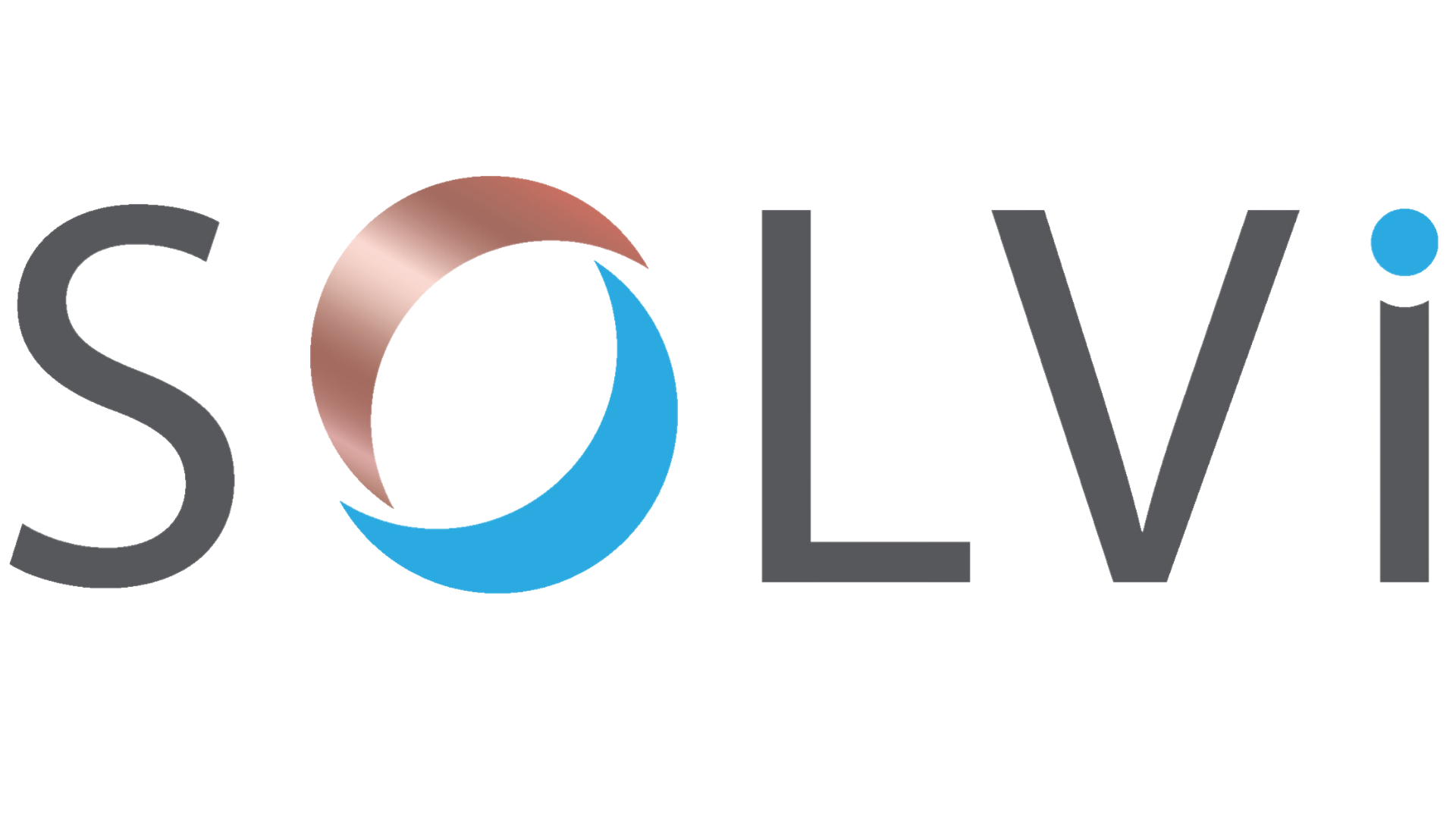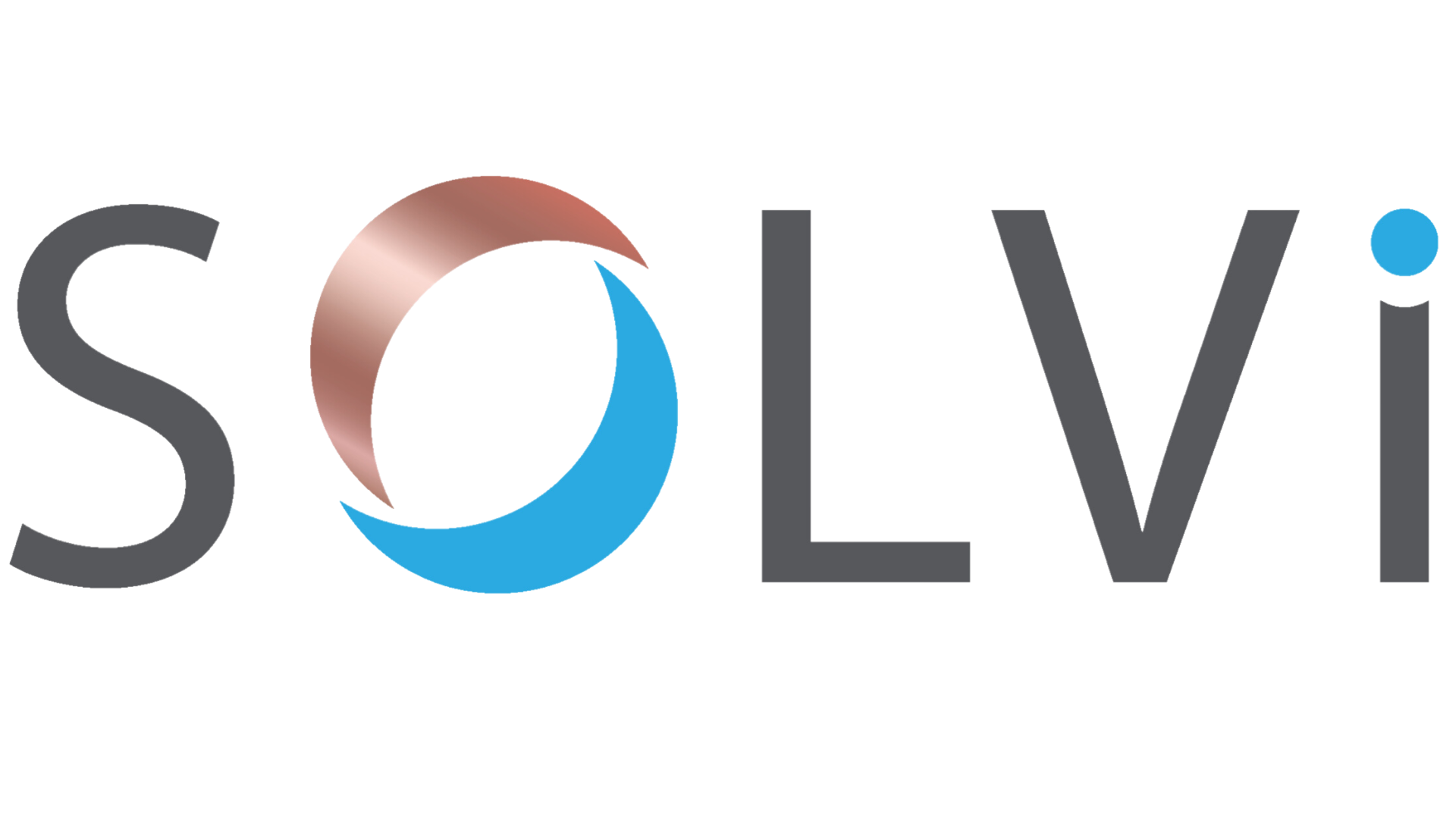Australia is a great place to live and work. Our passion is to help Registered Nurses living overseas to work and experience the great Aussie lifestyle. However, navigating the complexities of migrating to Australia can be daunting.
SOLVi Migration has been assisting nurses to gain registration and successfully migrate independently. Our dedicated team of legal experts specialises in guiding overseas registered nurses through the intricate visa and registration processes, ensuring a smooth transition to working in Australia.
We are committed to providing personalised support every step of the way, from initial eligibility assessments and visa applications to professional registration and employment advice. Trust us to help you achieve your dream of a rewarding nursing career in Australia.

VISA’S WE CAN HELP WITH

Employer Sponsored

Skilled Independent
MAKING AUSTRALIAN MIGRATION EASY

AHPRA Fast Track Registration 2025 announcement
Australia has long been an attractive destination for internationally qualified nurses (IQRNs), offering high salaries, excellent work-life balance, and a clear pathway to permanent residency. However, the process to gain registration with the Australian Health Practitioner Regulation Agency (AHPRA) has historically been complex and time-consuming.
Now, in April 2025, AHPRA is set to introduce new registration standards for IQRNs, potentially streamlining the process for nurses who meet specific criteria. But while these changes may reduce barriers for some, they also bring confusion, misconceptions and potential delays - especially for those assuming that registration automatically qualifies them for migration.
If you're an internationally trained nurse considering a move to Australia, let's break down the upcoming changes, highlight potential pitfalls, and explain how to ensure a smooth and successful registration process.
What Are the New AHPRA Registration Changes?
From April 2025, AHPRA will introduce two new pathways for internationally qualified nurses who have registration and nursing experience working in select "comparable jurisdictions" (certain countries).
Who Is Eligible?
To qualify for the new streamlined registration pathway you must:
✅ Hold a relevant nursing qualification
✅ Have at least 1,800 hours of work experience in a comparable country
✅ Meet AHPRA's English language proficiency requirements
Which Countries Are Considered “Comparable”?
Under the Nursing and Midwifery Board of Australia’s (NMBA) new framework, the following countries have been approved as comparable jurisdictions:
United United Kingdom
Ireland
United States
Canada (British Columbia & Ontario only)
Singapore
Spain
What if my country is not listed?
If you trained in a non-comparable country, you will still need to undergo the current registration process, which may involve additional assessments such as the Objective Structured Clinical Examination (OSCE) and NCLEX (National Council Licensure Examination).
What’s Changing?
Under the new pathways, if you have already worked as a registered nurse in one of the approved countries for at least 1,800 hours, you may be eligible for direct registration with AHPRA—without needing to complete extra assessments.
The Biggest Misconceptions About These Changes
While these updates are extremely exciting, many internationally qualified nurses are misunderstanding what this actually means. Let’s clear up some common misconceptions.
❌ Misconception #1: The English Language Requirement Has Been Removed
Reality: Even if you qualify under the new AHPRA pathways, you still need to meet strict English language requirements for migration purposes.
Many IQRNs believe that if AHPRA doesn’t require them to take an English test for registration, or they can skip it for migration. However, Australian skilled visas still require proof of English proficiency through an approved test such as IELTS Academic, OET for Nurses or PTE Academic, and these requirements vary depending on the visa type and the country of passport you hold.
💡Solution: Work with a legal expert to understand what is required for both AHPRA registration and migration, so you don't miss critical steps.
❌ Misconception #2: Registration Guarantees Migration Success
Reality: AHPRA registration alone is not enough to qualify for an employer-sponsored or skilled independent visa.
🔹 Employer sponsorship: Many nurses assume that getting registered automatically means an employer will sponsor them. But employers typically only consider sponsoring nurses who already hold AHPRA registration — and even then, not all job offers come with visa sponsorship.
🔹Skilled migration visas: If you want to migrate independently, you need to have a validate ANMAC skills assessment to lodge an Expression of Interest (EOI), and go into the competitive process to secure a nomination by Federal or State Government. Registration alone does not make you eligible for this process.
💡 Solution: SOLVi Migration’s Nurse Registration Course helps you secure your registration quickly and efficiently with a support online community.
❌ Misconception #3: AHPRA’s Changes Mean Faster Processing
Reality: While the reforms aim to reduce processing times, an increase in applications could lead to backlogs while new processes are worked out.
The Australian government has promoted this reform as a fast-track solution for solving the country’s nursing shortages. But with a 70% increase in new applicants expected, the reality could be that processing delays increase—especially in the first few months—let's be prepared!
💡 Solution: Start preparing early. Getting expert help ensures all documents are submitted correctly the first time which will reduce delays and give you an advantage over other applicants.
How to Navigate the Process & Secure Your Registration Faster
Even with theseAHPRA registration changes, the process remains complex. The best way to avoid delays and costly mistakes is to follow a clear, step-by-step strategy.
Step 1: Determine the Best Registration Pathway
If you trained in a comparable jurisdiction and have worked there for at least 1,800 hours, you may be eligible for the new streamlined pathway.
If you trained elsewhere, you will need to either:
🔹Apply directly through AHPRA (which may require an OSCE exam)
🔹Use the New Zealand Nursing Council (NZNC) pathway and then transfer your registration to AHPRA
💡 Need help deciding? Our legal experts can assess your case and help you choose the fastest pathway.
Step 2: Prepare & Submit Your Application Early
Ensure you gather:
✅Proof of qualifications
✅ Work experience documentation (1,800+ hours in an approved country)
✅English language test results (if required)
✅Identification & regulatory checks
🔹 Pro Tip: Incorrect applications result in delays of 6-12 months—so getting professional assistance is highly recommended.
Step 3: Plan for Migration (Employer-Sponsored or Skilled Pathway)
Once registered, you will still need a visa to work in Australia:
🔹 Employer Sponsorship: if you want to work for a specific healthcare employer, you'll need to secure a job offer and a nomination so you can apply for sponsorship under a Subclass 484, 494 or 186 visa.
🔹 Skilled Independent Migration: If you want full freedom, you'll need an ANMAC skills assessment and to secure a nomination for a Subclass 189, 190 or 491 visa.
Final Thoughts: Why You Need the Right Support
The 2025 AHPRA changes present and exciting opportunity for internationally qualified nurses, but they do not eliminate all barriers.
From understanding registration pathways to securing the right visa, it's essential to get expert guidance so you don't waste time or money on the wrong steps.
If you want to ensure a smooth journey to working as a nurse in Australia, get started tofay with the Nurse Registration Course—your step to AHPRA registration and securing your future in Australia.
✅ Book a paid legal consultation with SOLVi Migration today.
We’ll assess your situation and give you a clear legal strategy to migrate independently to Australia.

✅ Need help with AHPRA registration? Join our Nurse Registration Course.
Get cost-effective, expert guidance and access to a supportive community so you can secure your AHPRA registration and move forward with your migration plans.
FAQS
What qualifications do I need as a nurse to migrate to Australia?
Generally, you will need a nursing qualification that is recognised in Australia, such as a bachelor’s degree in nursing or an equivalent qualification. You will also need to meet registration requirements with the Australian Health Practitioner Regulation Agency (AHPRA).
What is the process for registering as a nurse in Australia?
To practice as a nurse in Australia, you must be registered with AHPRA. The process involves submitting an application, providing proof of your qualifications and professional experience, and meeting English language requirements. Our team can assist you with this process - Read More.
Will I need a skills assessment?
Yes, most visa applications for nurses require a skills assessment conducted by the Australian Nursing and Midwifery Accreditation Council (ANMAC). This assessment ensures your qualifications and experience meet Australian standards. We can assist you with preparing and submitting your skills assessment application. Read more ...
What are the English requirements?
Depending on the pathway you gain registration and what visa pathway you take, the English requirements can vary from Competent to Proficient levels of English. Read More ...
What if me or my family has a health condition?
If you or a family member has a health condition, it is important to have the possible impact on your migration assessed by a professional before you submit any visa application. The Department of Home Affairs will require health assessments to ensure the condition does not pose a significant cost or burden to the Australian healthcare system. We can help you understand the implications and prepare the necessary documentation. Read more ...
What if me or my family have a character issue?
Character issues, such as past criminal records, must be disclosed in your visa application. The Department of Home Affairs assesses character issues on a case-by-case basis. We can provide advice on how to address these issues and the potential impact on your application.
Are visa fees refundable?
Visa fees are generally non-refundable, even if your application is refused or withdrawn. It is crucial to ensure your application is complete and meets all requirements to avoid losing your fee. Our team can help you prepare a strong application to minimise the risk of refusal.
What if I've been refused a visa in the past?
If you have been refused a visa in the past, it is essential to understand the reasons for the refusal and address them in any new application. We can review your previous refusal and advise on the best course of action to improve your chances of success.
Can I bring my family with me?
Yes, many visa types allow you to include eligible family members, such as your spouse or partner and dependent children, in your application. We can advise on the requirements and process for including your family in your migration plans.
Can't you find my a sponsor to pay for everything?
While some employers may offer sponsorship, which can cover visa and relocation costs, it is important to understand the conditions tied to employer-sponsored visas. Also worth noting, a sponsor is not legally required to pay your application fees. These conditions can include staying with the employer for a certain period. We can help you explore your options and find the best pathway for your situation. Read more ...
How long will the process take?
The processing time for visa applications can vary depending on the type of visa and individual circumstances. Generally, it can take from a few months to over a year. Our team will provide an estimated timeline based on your specific situation and keep you updated throughout the process.
What are the costs of migrating?
Costs can include visa application fees, skills assessment fees, and potentially relocation expenses. The exact costs will depend on the visa pathway you choose and any additional services you require. We will provide you with a transparent breakdown of costs during your consultation. Read more...
DOWNLOAD OUR FREE GUIDE ON EVERYTHING YOU NEED TO KNOW TO WORK IN AUSTRALIA
Contact Us
All RIGHTS RESERVED LIABILITY LIMITED BY A SCHEME APPROVED UNDER PROFESSIONAL STANDARDS LEGISLATION. LEGAL PRACTITIONERS EMPLOYED BY SOLVI PTY LTD (ABN 16 658 861 182) ARE MEMBERS OF THE SCHEME.
The information published on this webpage should not be taken as legal advice rather it should be considered for information purposes only.
COPYRIGHT © 2024 SOLVI PTY LTD
Contact Us
All RIGHTS RESERVED LIABILITY LIMITED BY A SCHEME APPROVED UNDER PROFESSIONAL STANDARDS LEGISLATION. LEGAL PRACTITIONERS EMPLOYED BY SOLVI PTY LTD (ABN 16 658 861 182) ARE MEMBERS OF THE SCHEME.
The information published on this webpage should not be taken as legal advice rather it should be considered for information purposes only.
COPYRIGHT © 2024 SOLVI PTY LTD








